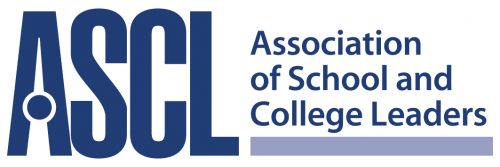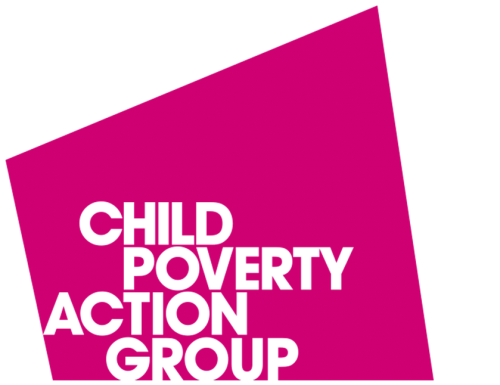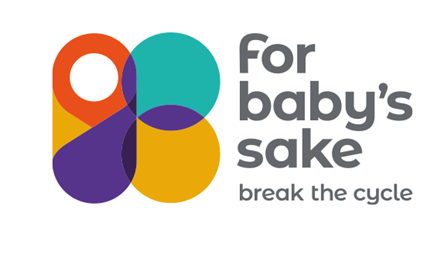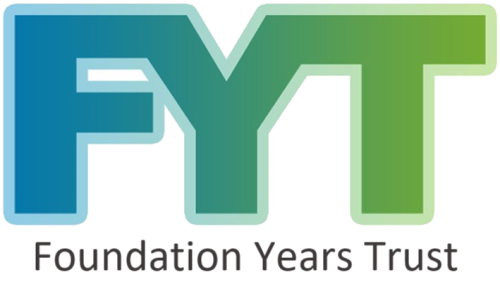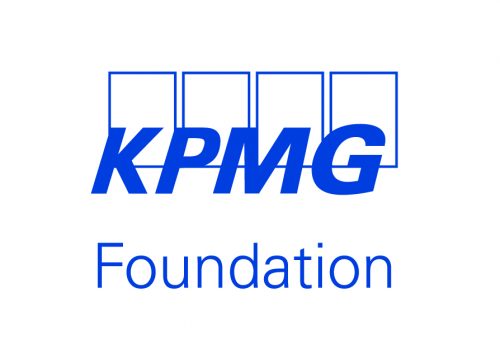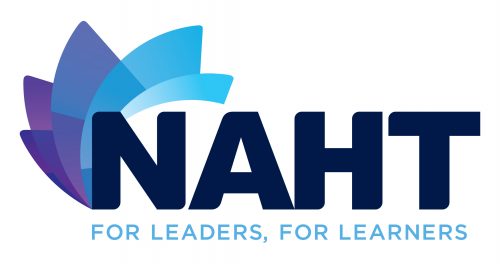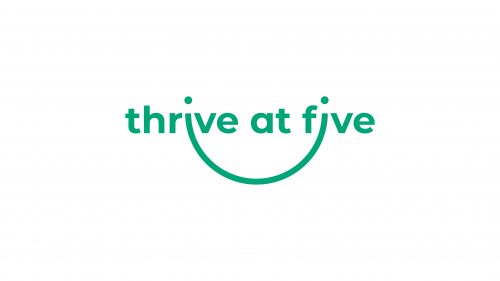The number of months between the lowest income children and their richer classmates by the time they start school.
The proportion of families in the bottom third of the earnings distribution eligible for the current 30 hour entitlement.
Over half of primary senior leaders thought fewer pupils were ‘school ready’ during the pandemic.
The Sutton Trust is working with The Sylvia Adams Charitable Trust to increase access to high quality early education, and reduce the early years attainment gap before it takes hold.
We have carried out a landmark study to investigate the feasibility and potential impact of extending eligibility for the ‘30 hours’ funded early education entitlement for children aged three and four, to increase access. We found that extending this entitlement has the potential to improve outcomes for disadvantaged children, and could form a vital part of the recovery effort after the pandemic.
The Sutton Trust's A Fair Start campaign is calling for
We would not accept the state providing longer school hours for wealthier families, and nor should we accept it in the early years. If we want to transform our school system to make it fairer, it needs to begin with giving every child the foundation to succeed at school in the first place.
Sir Peter Lampl, Founder and Executive Chair of the Sutton Trust







